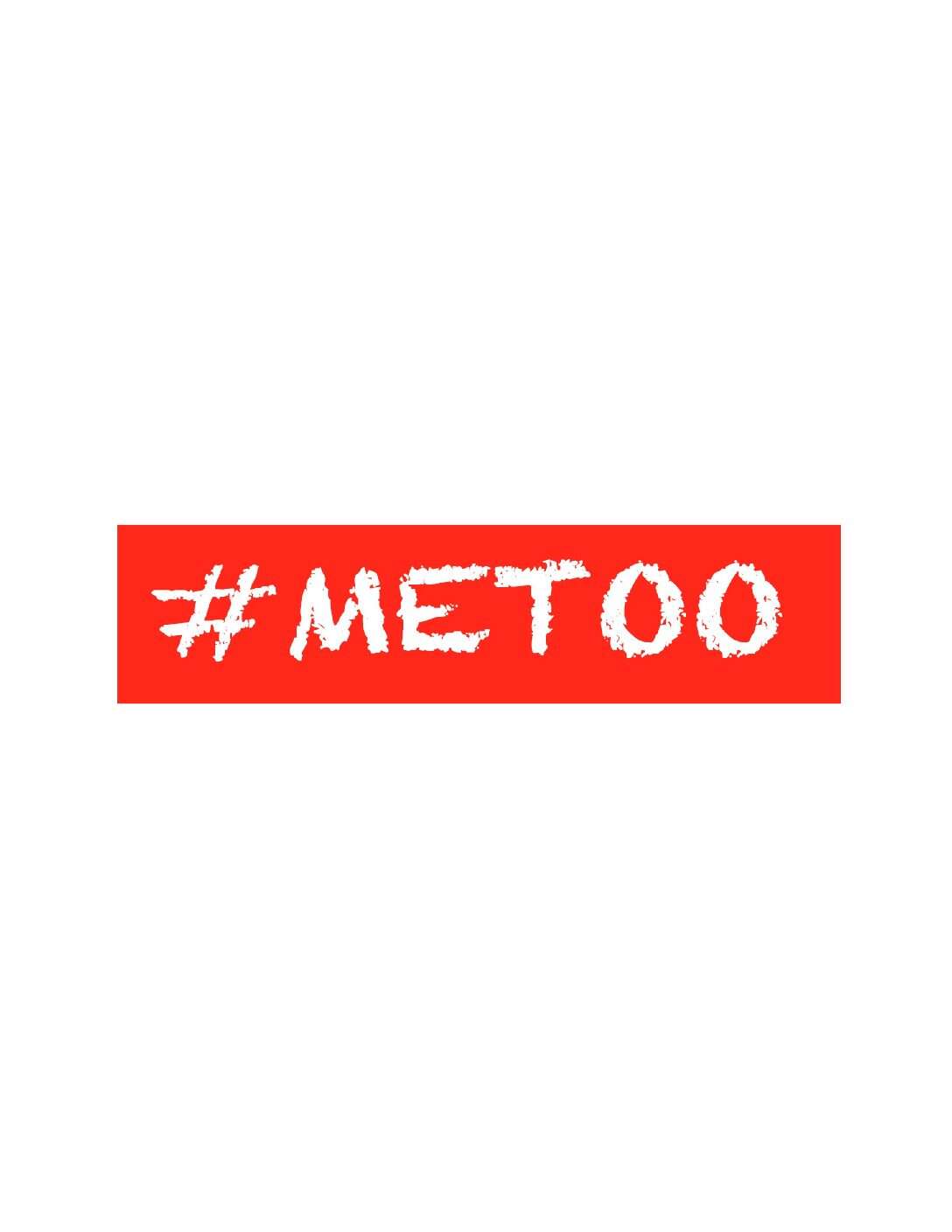Outing sexual predators overshadows support for survivors
With Hollywood’s award season now underway, the #MeToo movement is seeing support from celebrities through their dress codes and conversations at the award shows. At its beginnings over a decade ago, the movement had good intentions, but questions are now being raised on if it has now become a different entity with a different focus from supporting survivors.
Created in 2006 by Tarana Burke, a civil rights activist, the movement began as a support system for survivors through letting them know they were not alone. The movement then went viral when actress and activist Alyssa Milano in October 2017, made a post on Twitter, encouraging survivors of sexual misconduct to use the hashtag. Milano advocated the need to show just how much of a problem sexual misconduct is, in hopes that it would lead to finding a solution. Now, however, with so many people coming forward on social media platforms, the idea of the support system has faltered as there is no realistic way to support and verify every person that posts their story or uses the hashtag online. And, this does not include the many show also want and need the support without having to post their experiences online.
People are starting to see the moment as a witch hunt targeting others they do not like or who might have offended them in some way. With the exposing and shaming nature of Hollywood, those “hunted” are being publicly rejected by the industry and society, as they should be—but a movement started on finding support for the survivors should not be wasted on the aggressors and a temporary solution. They should be working toward purging society of sexual violence. In fact, the movement accompanying #MeToo, Time’s Up, which is focused on cleansing the workplace by ridding it of sexual aggressors, has the potential to be doing this instead, which could be a step in the right direction to putting #MeToo’s focus back on supporting survivors.
There is no one correct way to go about solving the corruption society is finding itself in today. And even though it started nearly 12 years ago and should have more readily addressed the support for survivors of sexual misconduct need before now, the fame of the movement is a step in the right direction to be more comfortable discussing the misconduct and unfairness happening everywhere, down to what is happening not just in the workplace but behind closed doors. The problems need to be addressed, and although the #MeToo movement might not be the correct method to get to a permanent solution, it might open the door to the ones that can.









